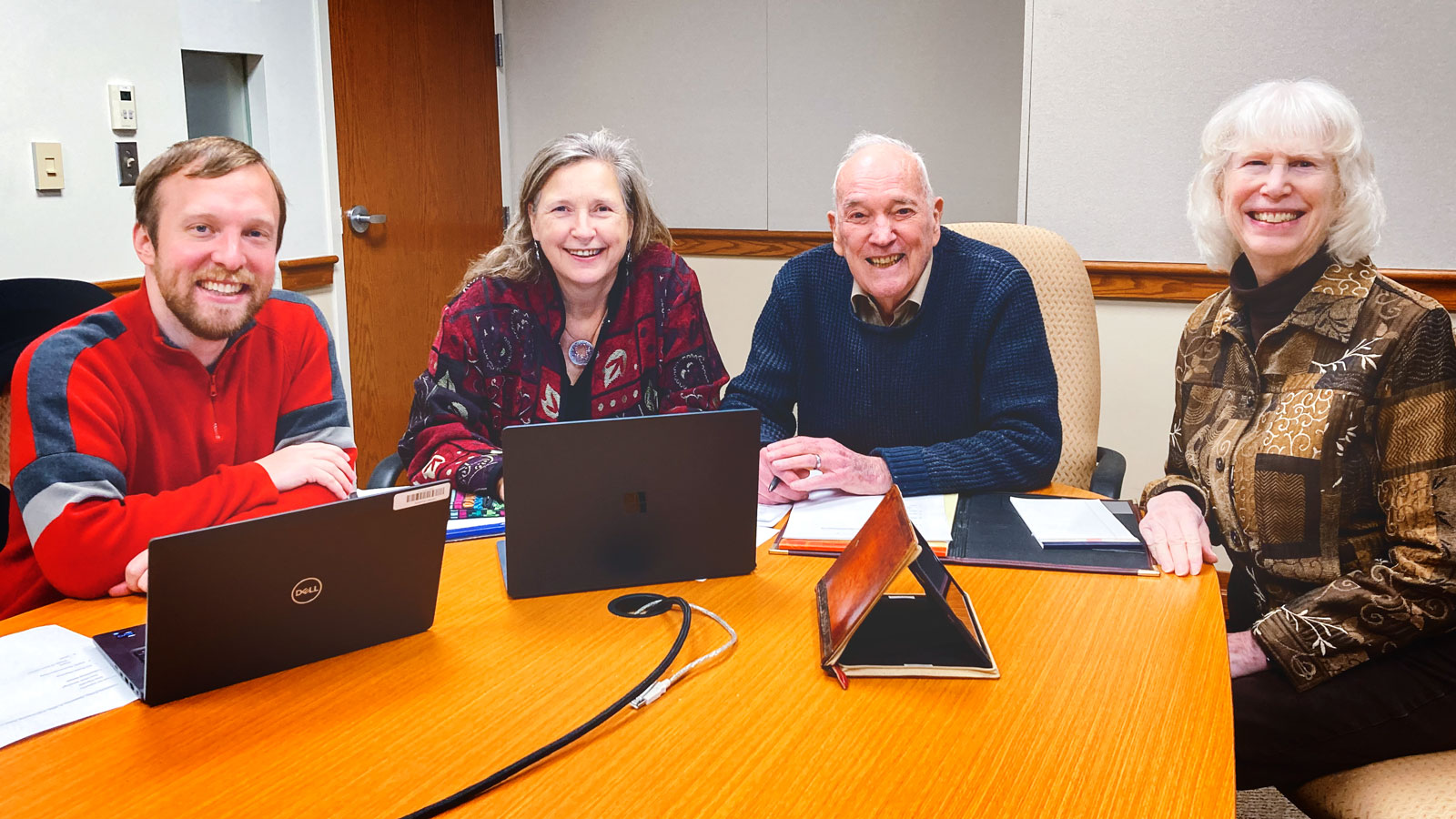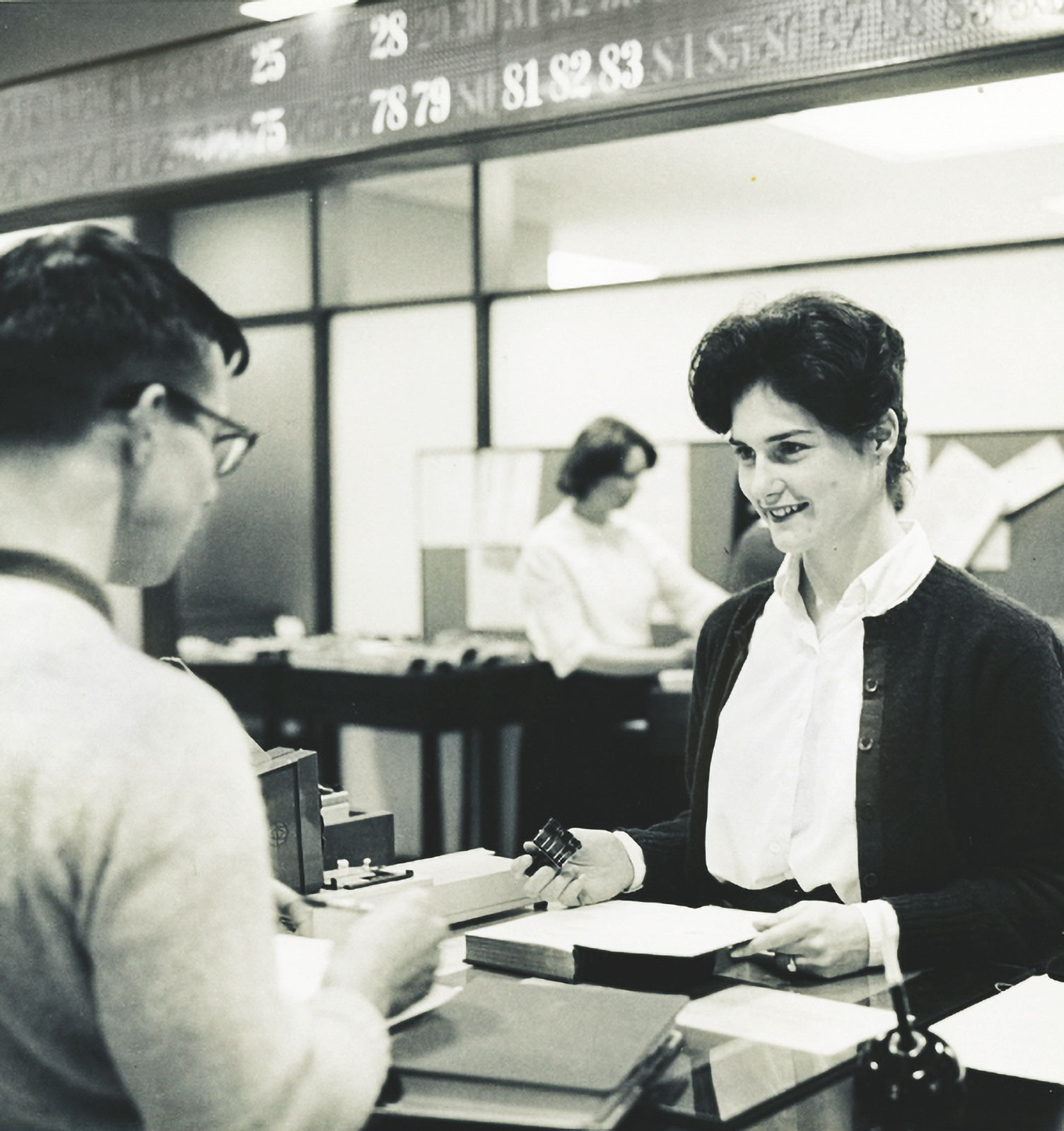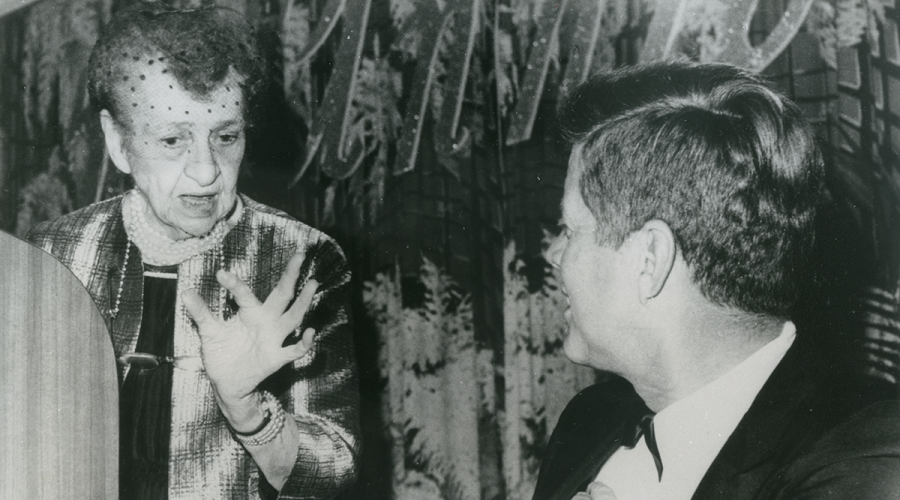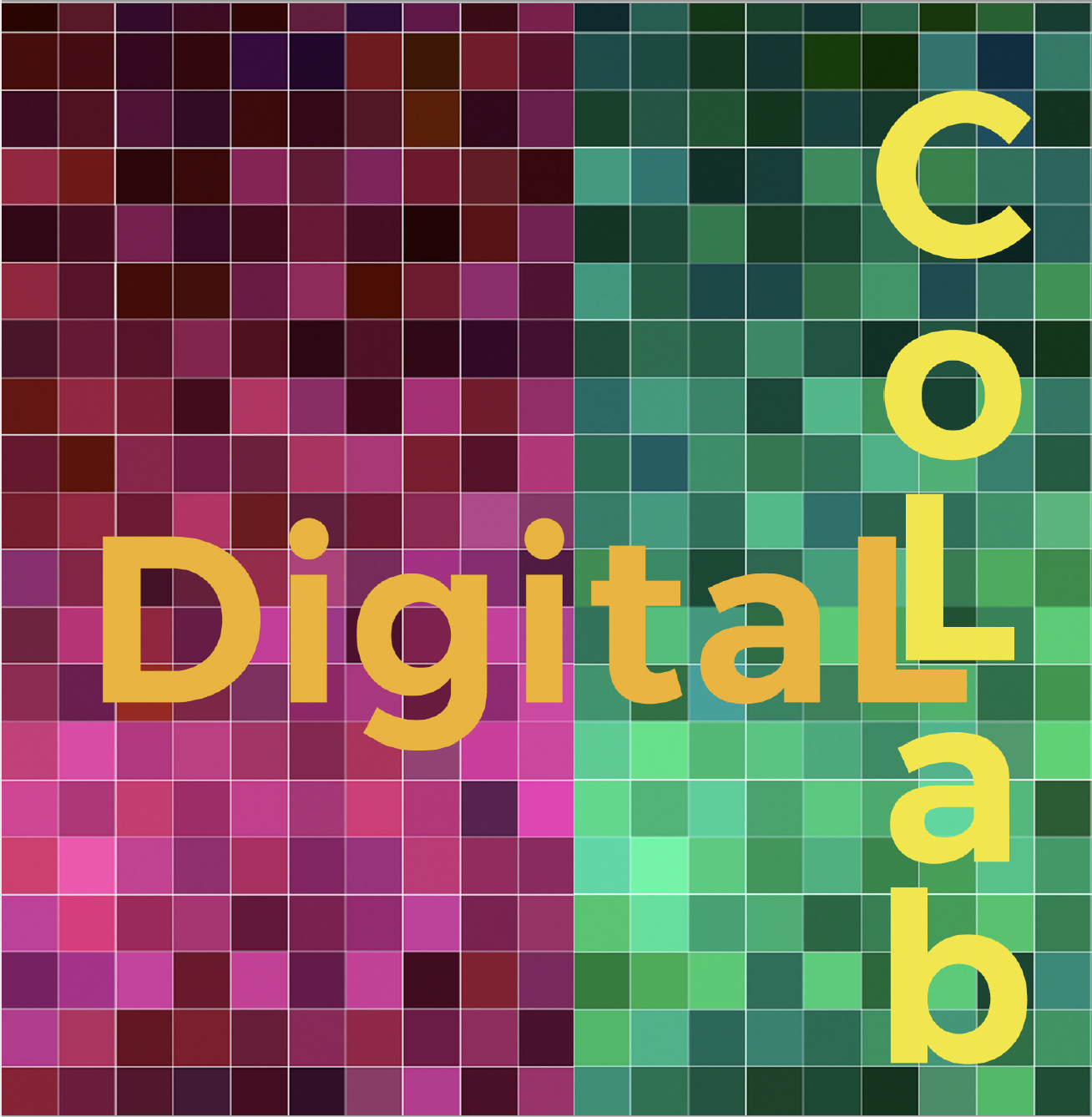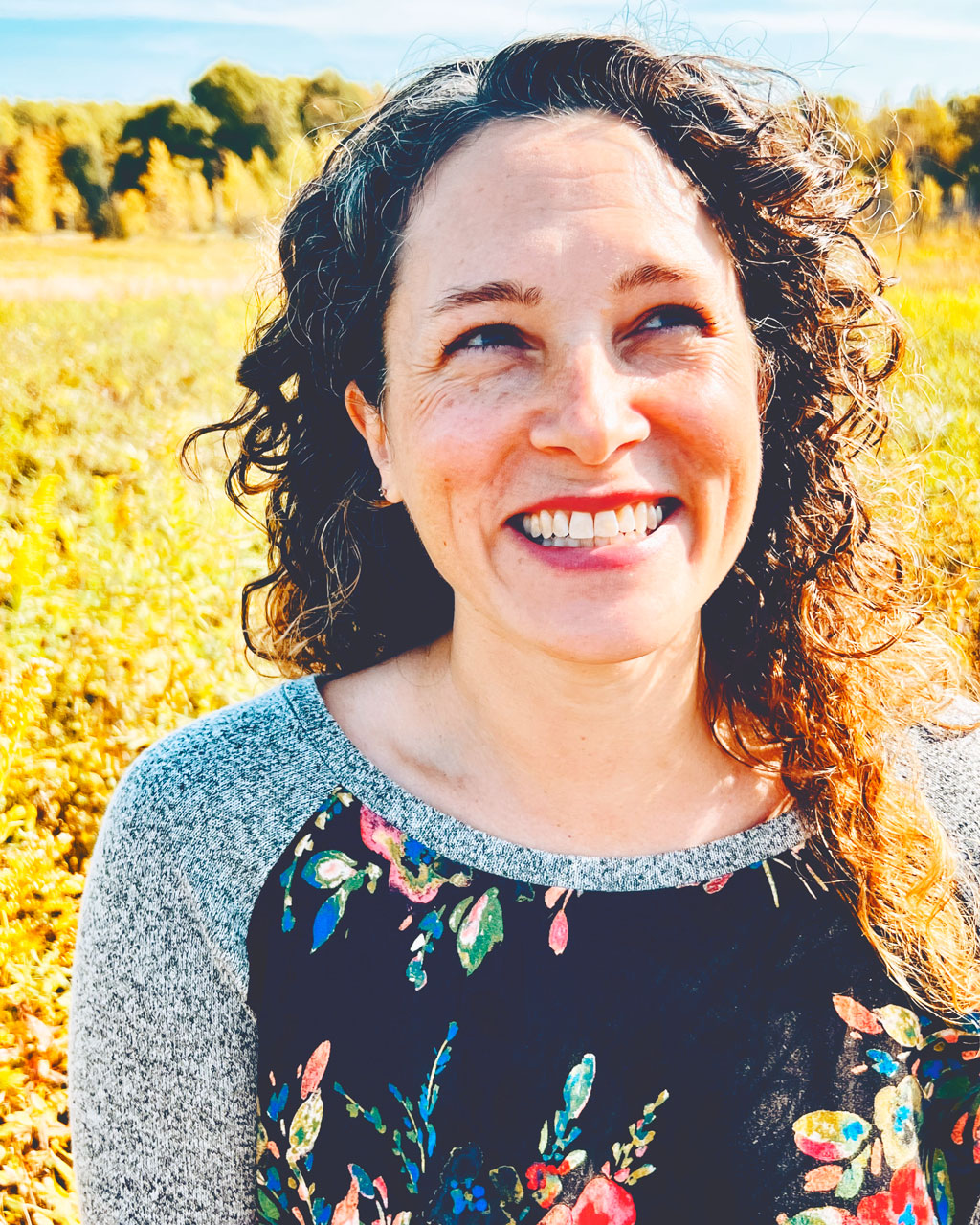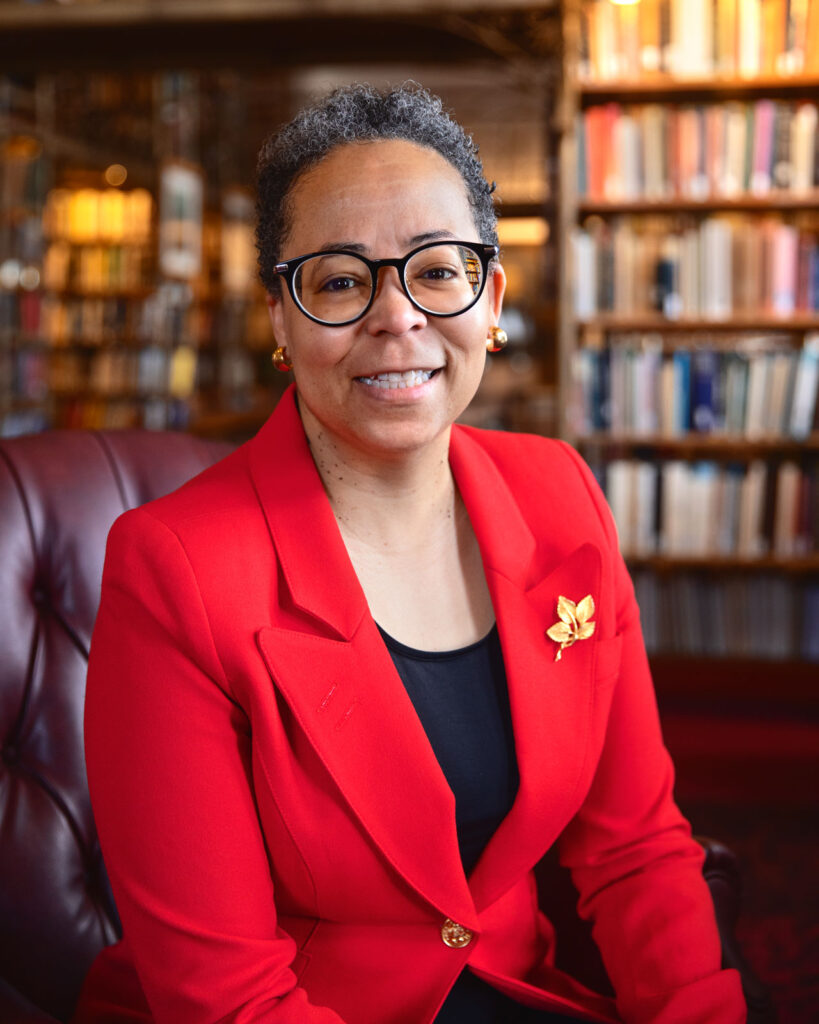
With censorship on the rise, the University Librarian weighs in on the critical role these institutions play in civic and educational life:
Democracy is not a perfect system of government—but it’s the best one we have. Based on the fundamental principle of human equality, it operates via the mechanism of community decision-making through individual choice.
Today, more than 80% of Americans report being concerned that democracy is under threat. And interestingly, when people are asked which political party poses the bigger risk, it’s nearly a tie: Democrats believe that Republicans are responsible, and Republicans believe that Democrats are.
So we have one point of bipartisan agreement: the ship is sinking, and we blame each other for it.
The bonds of social trust that serve and support democracy are deteriorating. For the past 40 years, Gallup and Pew have measured the level of confidence in U.S. structures.
Trust in government is declining, as is confidence in institutions across the board, including our healthcare and criminal justice systems, journalism, and Congress.
But one institution that remains trusted by Americans is our libraries. In fact, libraries always rank in the top two, along with the military.
Libraries are not in the business of making money, or of peddling ideas and getting people to think a certain way. What we do is collect, and not in just one area or from one perspective.
It’s not up to us to decide what you read, but it’s our job to make it available to you.
Read the full article and see the video interview in Cornellians.
